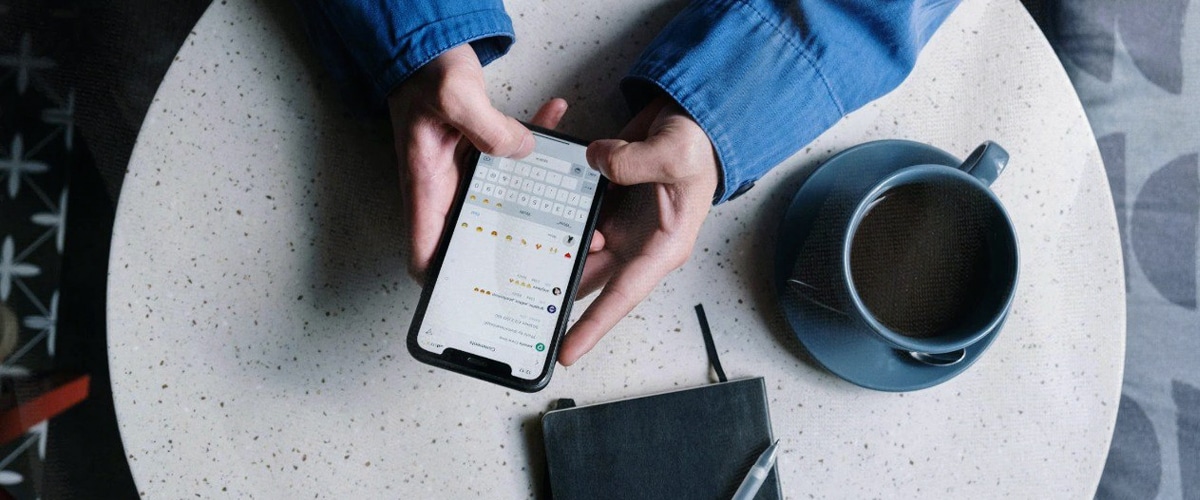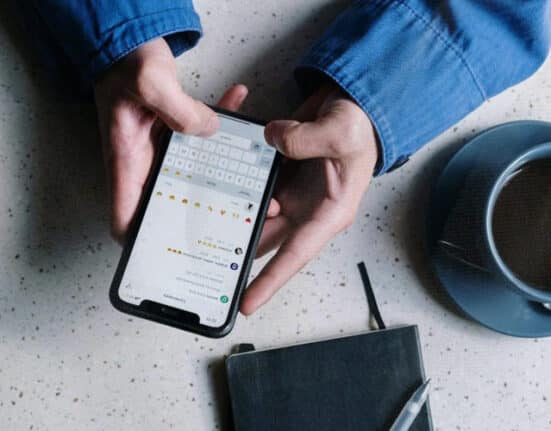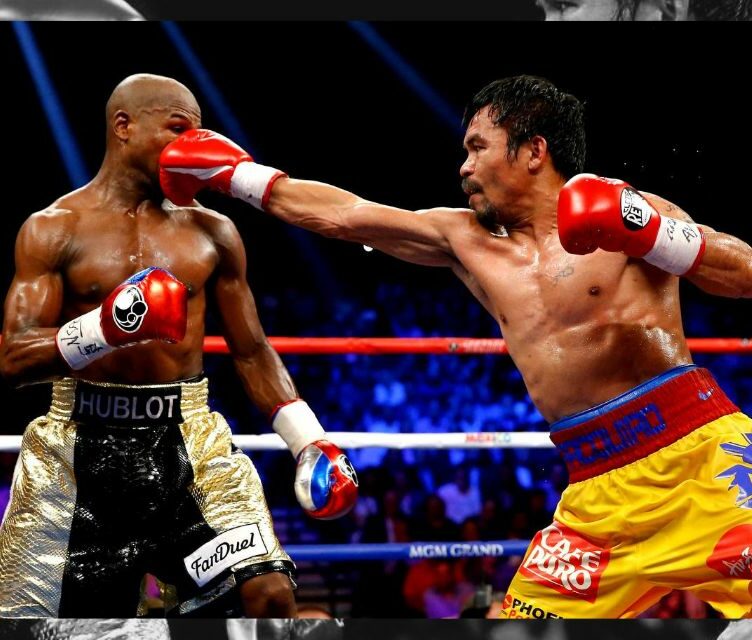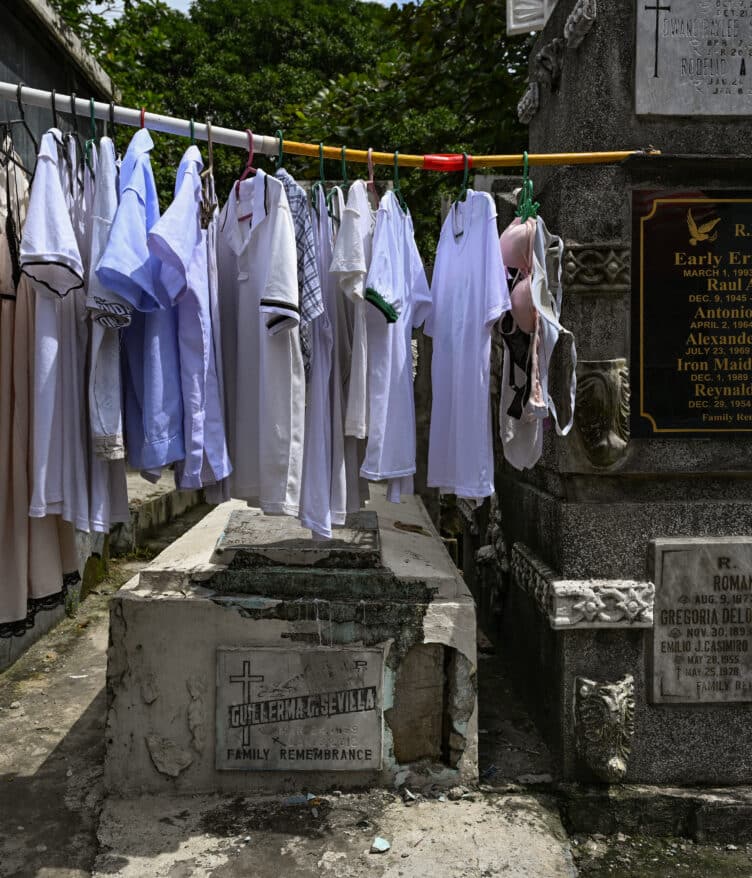What if one day you wake up, pick up your phone, and open your usual social media apps – Facebook, Instagram, TikTok, X – and they just… didn’t load? No feed. No notifications. No memes. No new reels from your friend. No morning tweets. Just a static silence.
No, this isn’t some digital apocalypse fantasy. It’s a what-if that’s closer to reality than we think. Platforms crash, algorithms go haywire, and social media giants fall out of favor overnight. And let’s be real: sometimes, the world feels so damn loud online that a shutdown almost sounds like a soft reset.
But let’s not pretend we’d all take it so lightly, because for sure, we won’t.
“Feel ko kawawa ako, kasi sanay ako ng kausap araw-araw mga friends ko,” shared Cliana Joy, 16, talking about the virtual setup where she bonds with her friends by sharing relatable or funny reels. She uses social media every chance she gets – during breaks from school or whenever she’s at home.
And she’s not alone. According to a study conducted by Ooma, the Philippines ranks third globally in daily screen time, with Filipinos spending an average of eight hours and 52 minutes (8:52) glued to their screens daily. Brazil (9:13) and South Africa (9:24) scored higher.
More Than Just Entertainment
For Gen Zs who practically grew up with timelines and FYPs, social media isn’t just entertainment. It’s our newsfeed, diary, group chat, art gallery, and bulletin board. It’s how we stay updated, express ourselves, and most importantly – how we feel seen in this modern time. Some rely on it for advocacy, creative work, or even income. There’s an odd comfort in waking up to breakfast stories or seeing someone rant about a delayed MRT ride on X. It makes the world feel small and shared.
So what happens when all of it stops? What will you do?
Some might panic. Others might feel free (honestly, me). Most of us will probably sit in the stillness and realize just how much space social media takes up in our heads.
“’Di ko alam mangyayari sa buhay ko kung mawala lahat ng social media for a month. Boring. Kakain at matutulog na lang ako or pupunta ako sa bahay ng mga friends ko,” Cliana said when asked how she would react if social media just shut down for a whole month.
A Time Detox
I encourage you to think: without the constant scroll, what fills the gap?
Maybe we’d pick up books that have been gathering dust on our shelves. Maybe we’d finally print photos instead of saving screenshots. Maybe we’d reach out to friends the old way – calls, texts, actual plans – and not just reply “HAHAHAHA” to their stories. Wait, will “gm” be a thing again?
If you don’t know “gm” – or group message – it’s like an old-school Facebook status for Millennials and older Gen Zs. A message blast with random thoughts, relatable quotes, or something like “Just got home. #PagodNa #SanaMasayaKaNa.” In order to stay in touch back then, we were actually required to see each other, or at least burn load for unlitext or late-night calls.
Being offline might feel weird at first. Some of us might go into withdrawals (yes, seriously, dopamine from likes and notifications is real). But there’s also a chance we’d feel lighter. Less comparison. Less noise. Less pressure to be on all the time.
“It’s actually nice for me nung nagtry ako mag-break muna sa social media. Nakapagfocus ako sa sarili ko,” shared Andre, 17.
Same thing happened to Janel, 22, “My mind is at peace whenever I don’t have to use my phone or scroll through social media. When I’m offline, I spend time reading books, going for a run, or lifting weights.”
I know a few people who take social media breaks on purpose. A few days, a week, even a month. And when they come back, they always say the same thing: something about real life feels clearer. Like they had more time to breathe.
The Mental Health Equation
When asked what we might be missing out on in real life because we’re too online, Andre answered RepublicAsia, “Ourselves. We can’t focus on ourselves kapag masyado na tayong nababad sa social media. Although meron namang improvement kasi marami rin naman tayong matututunan online, but in reality, wala na tayong time sa sarili natin.”
“Being offline helps me ease my mind because excessive phone use can be stressful – the radiation, potential health issues, and more. It’s best to take breaks from using your phone and spend quality time with family or friends, or reconnect with nature,” Janel shared.
And they’re right. When we’re constantly connected, we’re at risk of losing our connection to ourselves. According to Johns Hopkins Medicine, excessive social media use can lead to mental health concerns like anxiety, depression, and low self-esteem – especially in teens. But it’s not entirely bad either. Social media also provides access to information, support, and community, especially for those who may feel isolated. For many young people, it’s a digital space to express themselves and connect in ways that feel safer than in real life.
Reclaiming the Present
So maybe the real question isn’t about what we’d do without social media, but what we’re missing out on while we’re constantly plugged in.
How many moments pass unappreciated because we’re thinking of captions? How often do we scroll past our own feelings just to catch up with someone else’s curated highlight reel?
Dr. Andrea Bonior, a clinical psychologist and author, emphasizes the importance of being present: “When we’re constantly connected, we risk losing our connection to ourselves. Taking intentional breaks from social media can help us reconnect with our thoughts, our goals, and the people around us.”
I’m not saying we should all delete our apps and move to the mountains. Social media, for all its chaos, is also connection. It gives us a voice, a platform, a space to be ourselves, or figure out who that is.
But maybe this what-if is a reminder: your life isn’t less valid when no one’s watching. We’re allowed to unplug. To be unseen. To be quiet. Even just for a while.
Because when the noise disappears, we’re left with something far more intimate – ourselves.
With reports from Kyla Vivero
How useful was this post?
Click on a star to rate it!
Average rating 0 / 5. Vote count: 0
No votes so far! Be the first to rate this post.
We are sorry that this post was not useful for you!
Let us improve this post!
Tell us how we can improve this post?








